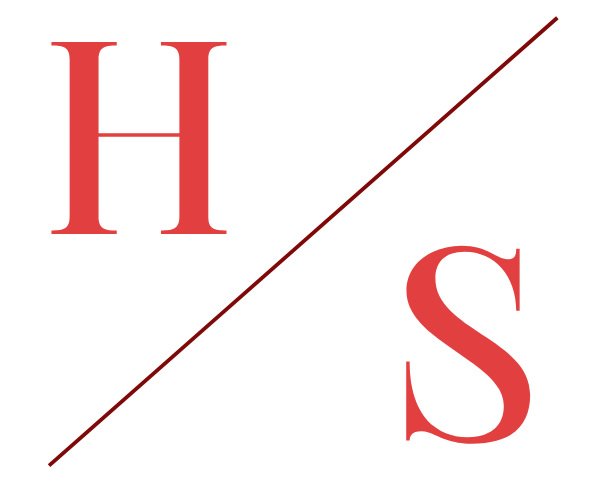Coffee Ceremonies and Rituals Around the World
Episode Notes
Coffee is a beverage with a long history and a rich cultural heritage. As such, there are many traditions and rituals associated with drinking coffee around the world. Here are a few examples:
Ceremonies: In many cultures, coffee is not just a beverage, but an important part of social and cultural rituals. In Ethiopia, for example, coffee ceremonies are a traditional part of daily life, with coffee being prepared and served in a specific way and often accompanied by traditional music and food.
Leisure: In many Western countries, coffee is often associated with leisure and socializing. People often use coffee shops as a place to meet friends, work on projects, or simply relax and enjoy a cup of coffee.
Hospitality: In many cultures, coffee is considered a symbol of hospitality and is often served to guests as a sign of welcome and generosity. In the Middle East, for example, serving coffee is a sign of hospitality, and in some countries, it's a tradition to offer coffee to guests as soon as they arrive.
Religion: Some religious rituals are also associated with coffee. In monasteries, monks often drink coffee to help keep them awake during long hours of prayer.
Work: In many countries, coffee is often consumed during work hours, and it is seen as a way to increase productivity.
Holly Shannon's new Youtube Channel, Subscribe here!
Listen to this episode too! Nappuccino anyone?
Illegal Trade and Organized Crime in the Coffee Industry episode
#Coffee #barista #pumpkinspicedlatte #Starbucks #DunkinDonuts #blackcoffee #darkroast #lightroast #latte #macchiato #cappuccino #espresso#centralperk #Bulletproof #howtomakecoffee #coffeebeans #coffeedate #virtualcoffee #coffeebreak #coldbrew #coffeemachine #coffeegrinder #connection #community #frenchpress #coffeehousemusic #cafe #arabica #espresso #cuppajoe #decaffeinated #caffeine #coffeeaddiction #cappuccino
Transcript
Coffee is a beverage with a long history and a rich cultural heritage. As such, there are many traditions and rituals associated with drinking coffee around the world. Here are a few examples:
Ceremonies: In many cultures, coffee is not just a beverage, but an important part of social and cultural rituals. In Ethiopia, for example, coffee ceremonies are a traditional part of daily life, with coffee being prepared and served in a specific way and often accompanied by traditional music and food.
Leisure: In many Western countries, coffee is often associated with leisure and socializing. People often use coffee shops as a place to meet friends, work on projects, or simply relax and enjoy a cup of coffee.
Hospitality: In many cultures, coffee is considered a symbol of hospitality and is often served to guests as a sign of welcome and generosity. In the Middle East, for example, serving coffee is a sign of hospitality, and in some countries, it's a tradition to offer coffee to guests as soon as they arrive.
Religion: Some religious rituals are also associated with coffee. In monasteries, monks often drink coffee to help keep them awake during long hours of prayer.
Work: In many countries, coffee is often consumed during work hours, and it is seen as a way to increase productivity.
It's worth noting that the way people consume coffee varies by culture, rituals and individual preference, and the above list is not exhaustive but it gives an idea of the diversity and richness of the cultural traditions associated with drinking coffee.
So I thought I’d delve a little deeper:
In addition to Ethiopia, there are several other cultures and countries where coffee ceremonies and rituals are an important part of daily life and social gatherings.
In Turkey, the traditional coffee ceremony is called "kahvaltı" and is generally served with breakfast. The coffee is brewed in a copper pot called "cezve" and poured into small cups, often served with Turkish Delight or Baklava.
In Greece, the traditional coffee ceremony is called "Greek Coffee" or "Ellinikos Kafes" and is served in a small pot called "briki" which is brewed on a stove.
In Italy, the traditional coffee ceremony is called "caffè" and it is often served in a small cup called "espresso" after meals as a digestif.
Each one has its own unique customs and traditions, but they all serve as a way to bring people together and enjoy the social and cultural significance of coffee. And as you know, I’m all about connection.
But I’d be remiss if I didn’t include my deep roots in hospitality here.
In many cultures, offering coffee to guests is considered a symbol of hospitality and generosity.
This is particularly true in the Middle East, where serving coffee is a sign of hospitality and a traditional way to welcome guests. In some countries, it is customary to offer coffee to guests as soon as they arrive, as a sign of respect and friendship.
In some monasteries, it is traditional to serve coffee to visitors as a symbol of hospitality.
In Christianity, coffee is not traditionally associated with religious rituals, but some Christian denominations, such as the Coptic Orthodox Church, serve it as part of their liturgy.
In Islam, there is a traditional saying that states "paradise is under the shade of swords" and "coffee is the drink of the friends of God" which implies that coffee is a symbol of camaraderie and friendship.
In Ethiopia, where coffee originated, the drinking of coffee is also associated with religious rituals. Coffee is traditionally consumed during certain religious ceremonies and is often used as a symbol of unity and community.
https://www.cnn.com/2015/04/01/africa/ethiopia-coffee-industry/index.html
Overall, coffee is closely tied to both hospitality and religion in many cultures, and it serves as a symbol of friendship, generosity, and community.
So coffee lovers, do you have a coffee ritual? And do you take pride in serving coffee in your home?
